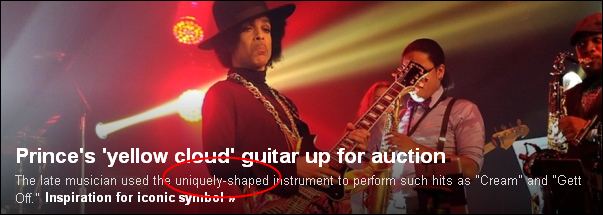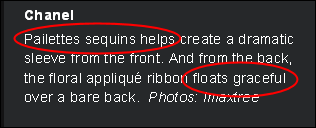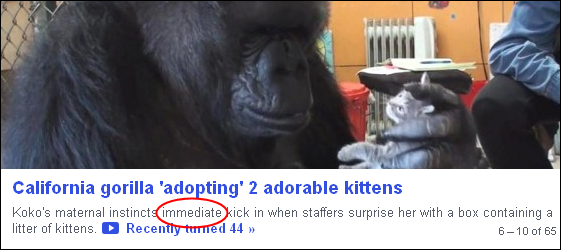OK, so I lied. There is no single punctuation character that is publicly misused. Every punctuation character is misused in public, especially on Yahoo!. This time the punctuation is a hyphen and the site is Yahoo! Finance:
The rule: Don’t put a hyphen between an adverb ending in -LY and the word it modifies.










